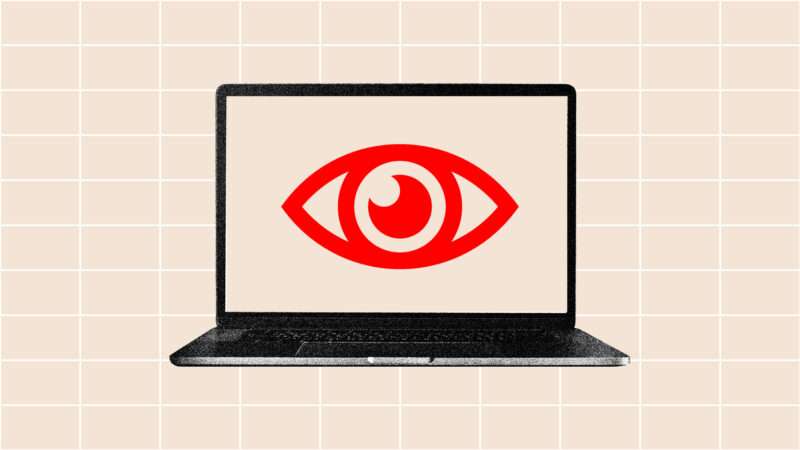
On February 17, 2021, Cleveland State University student Aaron Ogletree was directed to allow an online test proctor to conduct a "room scan" of his bedroom and desk area, a popular method of preventing cheating during online classes. Ogletree expressed reservations about allowing the scan, sending an email to Cleveland State Testing Services to note that he "currently [had] confidential settlement documents in the form of late arriving 1099s scattered about [his] work area and there is not enough time to secure them." Ogletree ultimately complied.
Ogletree later filed a lawsuit against the university, claiming that the room scan constituted an illegal search and violated his Fourth Amendment rights. On Monday, the U.S. District Court of the Northern District of Ohio Eastern Division agreed. The court ruled that Cleveland State's room scans were unconstitutional. The room scanning practices are "a variable policy—enforced, unevenly, in the discretion of a combination of proctors and professors—of using remote scans that make a student's home visible, including to other students, with uncertain consequences," wrote Judge J. Phillip Calabrese. He continued, "rooms scans go where people otherwise would not, at least not without a warrant or an invitation."
Cleveland State University defended the room scans by claiming that Ogletree's expectation of privacy was unreasonable. The university noted that the scans are a "standard industry wide practice" designed to prevent students from viewing notes or other material during the test and that students regularly allow them to be conducted without issue.
The university further argued that room scans are not technically searches because they are "routine," limited in scope, and the technology they use is in "general public use." It further argued that previous cases affirming that "technological change affects the degree of privacy that society accepts as reasonable" should be applied outside of the employment context.
The court was unconvinced by those claims. Calabrese argues that the searches are not routine because they "peer behind walls and make visible places outside the ambit" of previous cases. Further, the court rejected the university's claims that searches conducted using technology in "general public use" is not subject to the Fourth Amendment, writing "the procedural antecedents to a search that the Constitution requires apply even where new technologies make accessible places and information not otherwise obtainable without a physical intrusion." Further, the court rejected the university's attempts to apply case law concerning employment to education, writing that applying this law in new contexts "lies with another court, particularly if doing so pares back constitutional protections across different areas of the law."
This case is a decisive victory for digital privacy advocates. "Traditionally, the Fourth Amendment requires a warrant before the government can search in our homes, and that includes searches by government institutions like a state-run university," Jason Kelley, the Associate Director of Digital Strategy at the Electronic Frontier Foundation, a digital privacy and free speech group, tells Reason. "There are few exceptions to this requirement, and none of the justifications offered by the university—including its interests in deterring cheating and its assertion the student may have been able to refuse the scan—sufficed to outweigh that requirement in this case."
According to Kelley, the ruling will likely limit schools' ability to invade students' privacy in the name of cheating prevention. There is now legal precedent that just because examining students' bedrooms might help prevent some forms of cheating doesn't mean it isn't an illegal search that substantially violates students' right to privacy.
"We hope more schools will recognize that just because an invasive surveillance tool exists, it isn't necessarily helpful to education," Kelley told Reason. "And as this ruling illustrates, it may in fact be a violation of students' rights."
The post Anti-Cheating 'Room Scans' During Online Tests Are Unconstitutional, Rules Ohio District Court appeared first on Reason.com.







